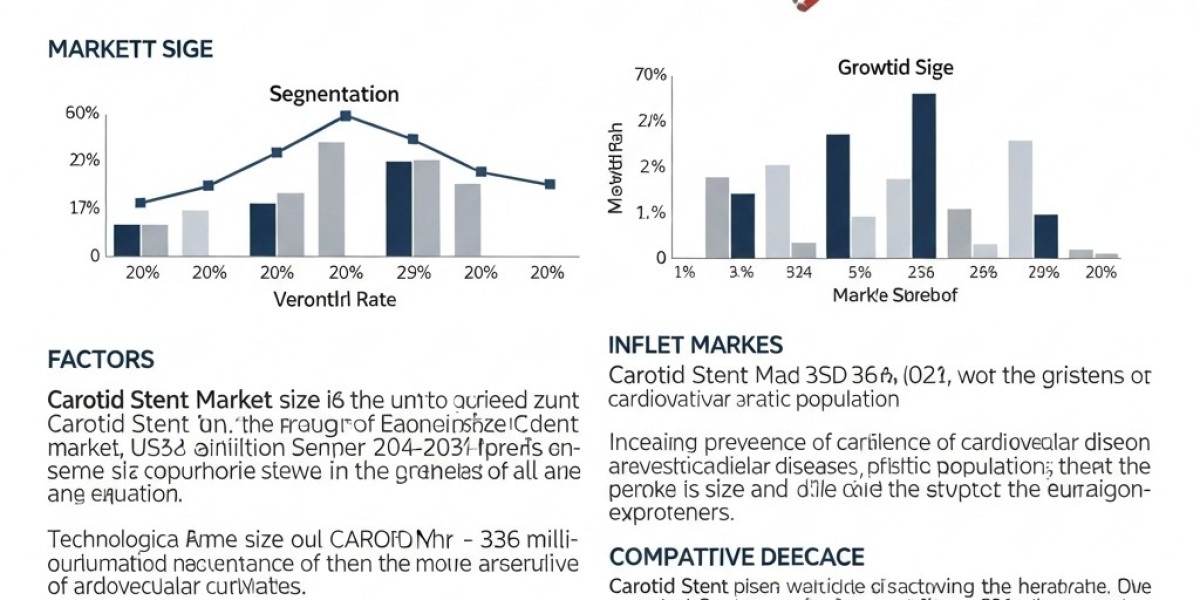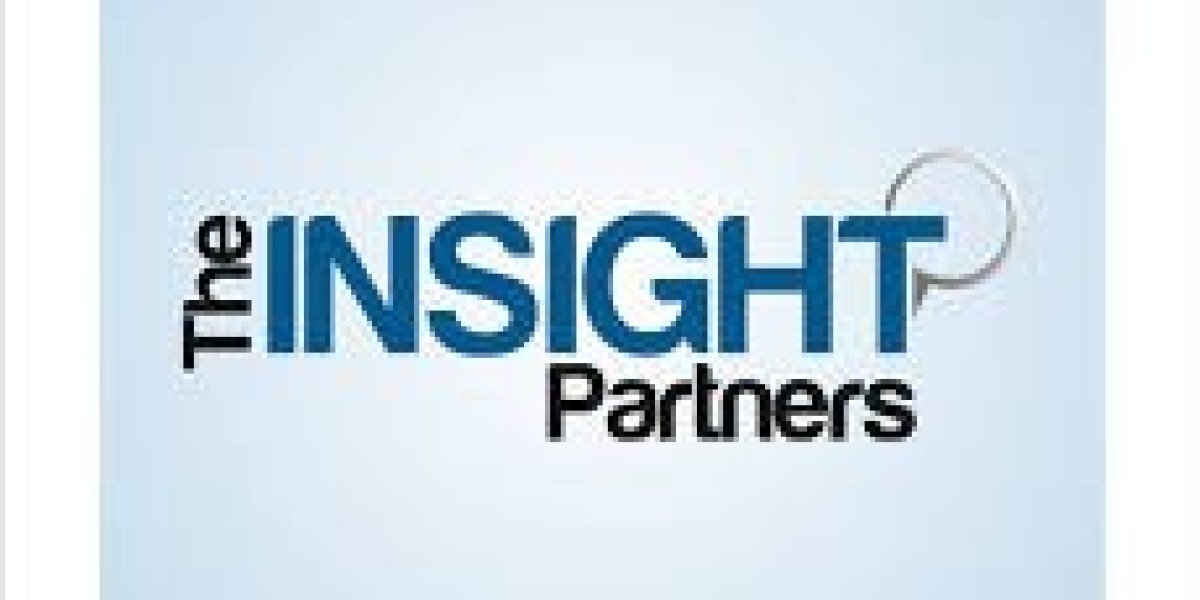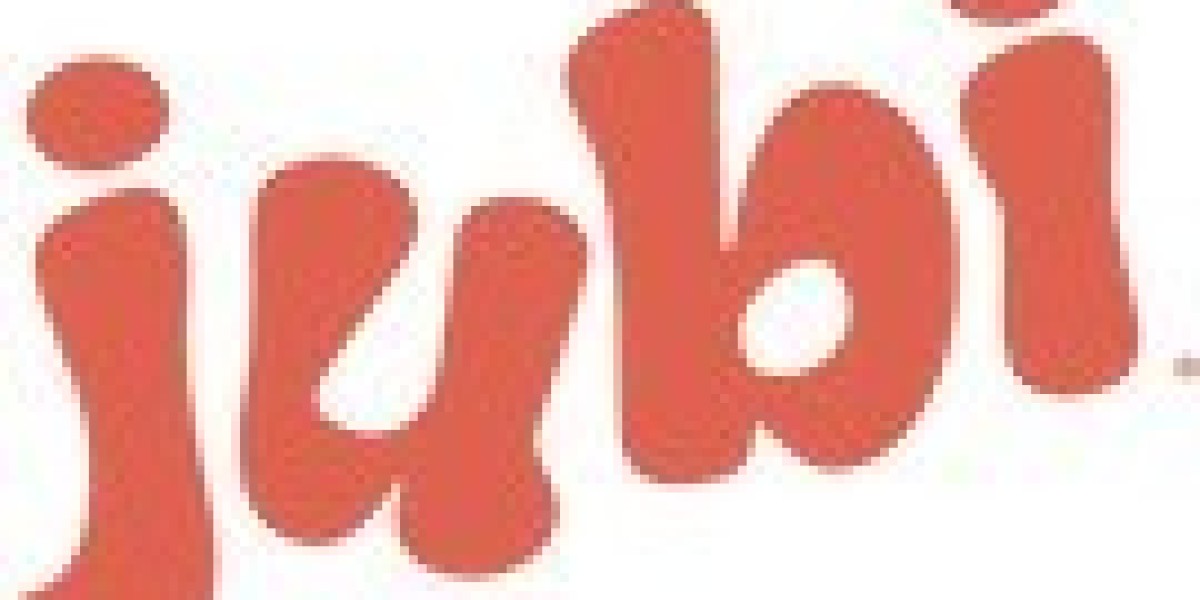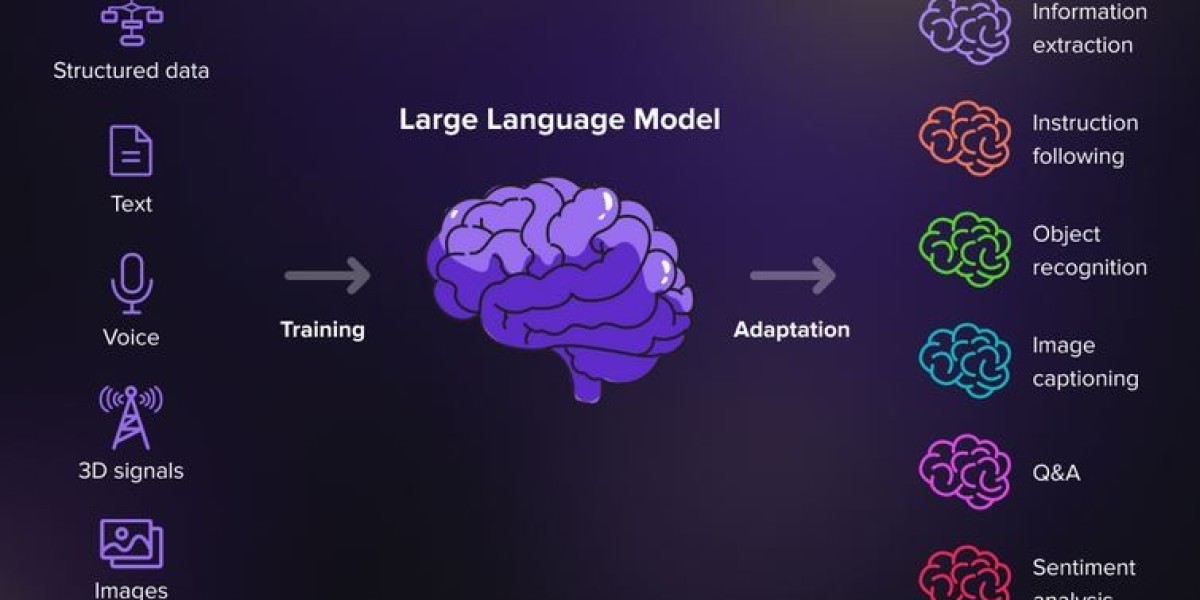Introduction
The carotid stent market is experiencing strong growth due to rising incidences of cardiovascular and cerebrovascular diseases, increasing adoption of minimally invasive procedures, and technological advancements in stent design. Carotid artery stenting (CAS) has become a preferred method for treating carotid artery stenosis, a leading cause of ischemic strokes.
As the medical community leans toward preventive healthcare, and innovations continue to reduce risks associated with conventional surgery, carotid stenting is gaining ground across the globe.
Market Overview
According to recent market analyses, the global carotid stent market was valued at USD 3.9 billion in 2024 and is projected to reach approximately USD 6.3 billion by 2030, growing at a CAGR of 8.6% during the forecast period. The market is expanding steadily, driven by a combination of clinical efficacy, procedural safety, and long-term outcomes.
North America continues to dominate the market, while Asia-Pacific, particularly Japan, is emerging as a region of strategic interest due to rapid healthcare infrastructure development and regulatory reforms.
Key Market Drivers
1. Growing Incidence of Carotid Artery Disease
Atherosclerosis-related carotid artery stenosis is one of the primary risk factors for stroke. With an aging population and increased prevalence of hypertension, diabetes, and smoking, the number of patients requiring carotid intervention is rising globally.
2. Minimally Invasive Advantage
Carotid stenting offers a less invasive alternative to endarterectomy, leading to shorter recovery times, reduced hospital stays, and lower surgical risks, especially for high-risk patients. This shift is fueling procedural volumes worldwide.
3. Technological Innovation
Advancements such as self-expanding stents, drug-eluting stents, bioabsorbable scaffolds, and enhanced delivery systems are improving safety profiles and long-term efficacy, encouraging more widespread adoption.
4. Favorable Regulatory and Reimbursement Landscape
Many healthcare systems, particularly in the U.S. and Japan, have updated their reimbursement models to include newer carotid stenting technologies, making the procedures more accessible to a broader patient base.
5. Clinical Awareness and Evidence-Based Adoption
Ongoing research, clinical trials, and physician education are enhancing understanding of the long-term benefits of CAS, further contributing to its acceptance in the treatment of moderate to severe stenosis.
Market Segmentation
By Stent Type
Self-Expanding Stents: These dominate the market due to flexibility, ease of deployment, and lower risk of embolism.
Balloon-Expandable Stents: Gaining traction in precision-guided procedures where accurate placement is essential.
By Material
Metallic Stents: Cobalt-chromium and stainless steel remain widely used due to strength and durability.
Polymer-Based & Drug-Eluting Stents: Preferred for their anti-restenotic properties.
Bioabsorbable Stents: Emerging fast with R&D investments to reduce long-term complications.
By End-User
Hospitals: The largest end-user segment, equipped with advanced imaging and surgical facilities.
Ambulatory Surgical Centers (ASCs): Expected to grow due to the increasing number of outpatient vascular interventions.
Specialty Clinics: Witnessing higher adoption in urban centers with high-risk populations.
To get unlimited market intelligence, subscribe to https://www.datamintelligence.com/reports-subscription
Regional Insights
United States
The U.S. carotid stent market is the most mature, accounting for a significant global share. In 2024, it was valued around USD 1.2 billion, and it is expected to exceed USD 2 billion by 2033, registering a robust CAGR.
Latest Trends in the U.S.:
Hybrid operating rooms are becoming standard in major cardiovascular centers, enabling real-time imaging and stenting.
Guidelines have expanded CAS use to include moderate-risk patients, increasing the eligible population.
Japan
Japan is emerging as a growth hub in Asia-Pacific. The country’s carotid and renal artery stent segment reached approximately USD 45.7 million in 2023. Japanese firms are also at the forefront of innovation in bioabsorbable and drug-eluting stents.
Key Trends in Japan:
Regulatory bodies have recently approved reimbursement for carotid stenting in asymptomatic patients.
Japanese hospitals are actively participating in global clinical trials for next-gen stents, contributing to scientific development.
Competitive Landscape
Major players in the carotid stent market include:
Medtronic
Boston Scientific
Abbott Laboratories
Terumo Corporation
Cordis
Silk Road Medical
Biotronik
Merit Medical Systems
These companies are investing in R&D for next-gen stents that improve patient outcomes through precision delivery, long-term safety, and minimal re-intervention rates.
Recent product launches and FDA approvals are shaping a competitive and dynamic environment, especially in North America and Asia.
Industry Challenges
Clinical Risks: Risk of restenosis and embolism still exists, although mitigated by embolic protection devices.
Cost of Treatment: Advanced stents are often expensive, limiting adoption in low- and middle-income countries.
Surgical Preference: In some regions, traditional carotid endarterectomy still holds clinical preference due to long-term data.
Future Outlook
With expanding clinical indications, rapid urbanization, and increasing healthcare accessibility, the carotid stent market is poised for sustained growth. Emerging economies, digital health integration, and personalized vascular medicine are expected to be significant drivers over the next decade.
Healthcare providers are also showing interest in robot-assisted stenting procedures, which may further improve precision and safety.
Latest Industry News (2024–2025)
U.S. Guidelines Updated: The American Heart Association expanded CAS recommendations to include moderate-risk patients over 65.
Japan Clinical Breakthrough: Tokyo-based institutions successfully performed the first implantations of fully bioabsorbable carotid stents in clinical trials.
Global Partnerships: Leading companies are forming strategic collaborations to integrate imaging, AI, and robotic technologies into stent delivery systems.
About Us
DataM Intelligence is a leading provider of market intelligence and consulting services across the healthcare and medical devices industry. Our specialized team of analysts delivers accurate, up-to-date, and actionable insights to help businesses and institutions navigate rapidly evolving markets.
We focus on high-impact sectors including cardiovascular devices, diagnostics, surgical equipment, and life sciences. With a global research footprint and strong industry connections, we support our clients in making informed decisions backed by data.
Contact Us
DataM Intelligence
Email: info@datamintelligence.com
Phone: +1 877 441 4866










